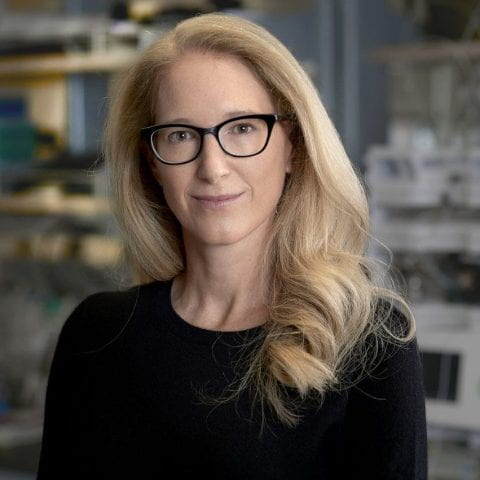Climate change and health: Mosquito control, harmful algal blooms, & disease prevention

Mosquito Control Policy Governance
With anthropogenic climate change, vector-borne diseases are moving into new habitats. Understanding how and why governments respond to vector-borne diseases differently is critical to preventing disease outbreaks, morbidity, and mortality. Yet this crucial piece of public health policy is understudied. Dr. Willison’s Public Health Governance Lab, in conjunction with the HMP Governance Lab at the University of Michigan, is conducting a novel study examining variation in local mosquito control governance structures, and how heterogeneity in policy structures shapes the efficacy and equity of local mosquito control responses. These projects will help identify and reduce outbreak risks by improving the policy structures and capacity to manage growing rates of mosquito borne disease in warming climates.

Harmful Algal Blooms Toxins in Fish
Around the world, increases in the number, duration, and intensity of harmful algal blooms produced by cyanobacteria (cyanoHABs) threaten people and ecosystems. Bodies of water are loaded with nutrients from agriculture and other human runoff, which when coupled with climate change, drives these blooms. The bacterial toxin accumulates in fish at levels far exceeding guidelines for safe consumption. To guide development of tools for environmental and public health agencies, Dr. Fiorella’s team is documenting the accumulation of cyanoHAB toxins in fish as well as human responses to this emerging threat in Lake Victoria, the world’s largest lake fishery. The project intends to generate insights and socioenvironmental research frameworks relevant to many food systems facing unprecedented, poorly understood feedbacks between human wellbeing and a changing environment.

Disease Prevention Through Predictive Modeling
Working with a global team of researchers, Dr. Raina Plowright studies how interactions between climate and land use influence the emergence of new infectious diseases. The team’s predictive modeling uses a mix of spatial, land use, climate, and wildlife health data to understand complex interactions between animals, humans, and habitat, with a focus on how diseases ‘spill over’ from animals to humans.
Dr. Plowright’s team recently published a paper—“Pathogen Spillover Driven by Rapid Changes in Bat Ecology”–in the journal Nature that shows how the loss of critical habitat for bats in Australia, along with climate cycles that influence the food available to them, has led to the emergence of Hendra virus, a zoonotic disease that can be fatal in horses and humans.
This study provides a method to predict and prevent spillover for emerging diseases. Their work demonstrates that pathogen spillover is driven by interactions between habitat loss and climate-driven food shortages. Bats move between different roosting sites, following tree flowering patterns in search of nectar. But when winter habitats are reduced by deforestation, Dr. Plowright’s team found that bats are forced to search for food in agricultural areas already occupied by horses and humans. However, when remaining winter forests produced abundant nectar, bats left to feed in patches of native forest, and Hendra virus spillover—from bats, to horses, to humans—stopped.
Disease spillover from wildlife to humans is the primary driver of epidemics and pandemics, and is driven substantially by human behavior, including anthropogenic climate change. Despite this, disease spillover is blatantly missing from policy debates. Billions will soon be invested in pandemic preparedness and response, but spillover prevention via environmental preservation and restoration is at risk of exclusion.
In a series of projects funded in-part by the Cornell Center for Pandemic Prevention and Response, a team including Dr. Plowright and Cornell Public Health Assistant Professor Dr. Charley Willison is examining how policy can influence the capacity to prevent spillovers in the first place. Dr. Plowright and her collaborators hope to shift how policy-makers approach pandemic policy by showing that spillover is both predictable and preventable, and that investing in biodiversity conservation and climate mitigation will reduce the risk of future pandemics.
Written by Audrey Baker; adapted from text by Charley Willison, Katie Fiorella, & Raina Plowright
